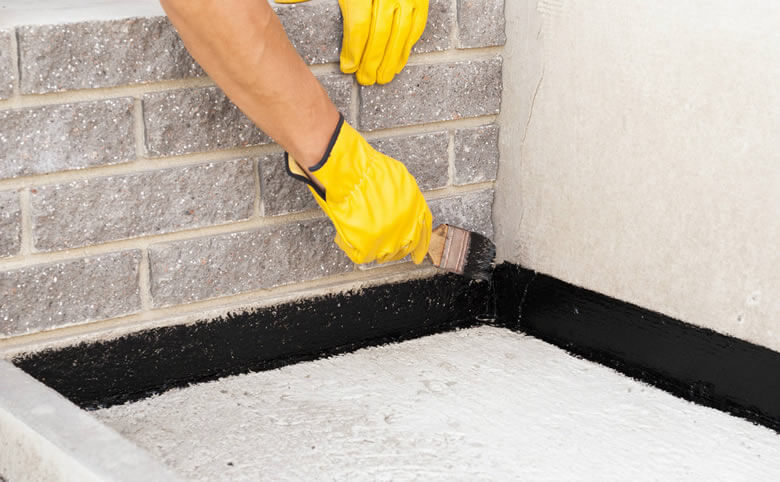Several homeowners and property developers in Australia assume that further waterproofing procedures are unnecessary. That is not the case when working with water-resistant materials like floor tiles, especially in locations that are continuously exposed to water such as showers, balconies and pools.
While waterproofing is an important aspect of every residential or commercial construction project, the type of waterproofing you use is up to you. Waterproofing membrane, which is commonly formed of liquid or sheet membrane, is the primary material utilised in the process. There are various types of membranes, but sheet and liquid membranes are the most prevalent.
Although neither one type is necessarily superior to the other, it all comes down to the construction requirements, time constraints, money and environmental factors. Installing a sheet membrane on the floors and walls of your home will offer a reliable tanking solution in the are asmost vulnerable to leaks. It has the following benefits:
- Proper sealThe most vital need for a membrane is that it seals completely. Water will inevitably locate the space and produce leaks, therefore even the smallest gap can entirely ruin a bathroom. Because the floor is the most vulnerable to water pooling and leaks, the most durable bathroom waterproofing solution is required.The advantage of a sheet membrane over a liquid membrane is that it is much easier to see where the membrane is. When painting a liquid membrane, it's easy to mistakenly produce holes in the seal, whereas sheet membrane can be cut to specific measurements.
- No hindrance in workSheet membranes have a protective backing on both sides, which allows you to continue working in the space while the membrane bonds to the substrate. Throughout the installation procedure, the backing paper keeps the membrane dust-free.The issue with liquid membranes is that they can take up to 24 hours to dry. The space cannot be accessed during this period without jeopardising the seal. So, electricians, tilers and other professionals won't be able to work while the shower waterproofing membrane dries.
- SoundproofSheet membranes, unlike other waterproofing methods in Melbourne or elsewhere, operate as an acoustic barrier. They aid in boosting a space's sound impact insulation capabilities by 11db. This is especially useful in properties like flats and apartment buildings, where the membrane helps to limit sound transmission to the floors below.
- Uniform thicknessWhether you're tiling on concrete or wood floors, the thickness of the waterproofing membrane must be consistent to create a completely waterproof base before tiling. When a liquid membrane is used instead of a sheet membrane, the outcome is typically an uneven layer and measuring the thickness can be time-consuming. Sheet membrane has a consistent thickness, giving you complete confidence that it will be watertight when properly installed.
- Tile immediatelyThe space is ready to tile as soon as the sheet membrane is installed, unlike liquid membranes. The design of a sheet membrane makes it possible. This makes it excellent for large-scale projects that require quick construction.







Follow us